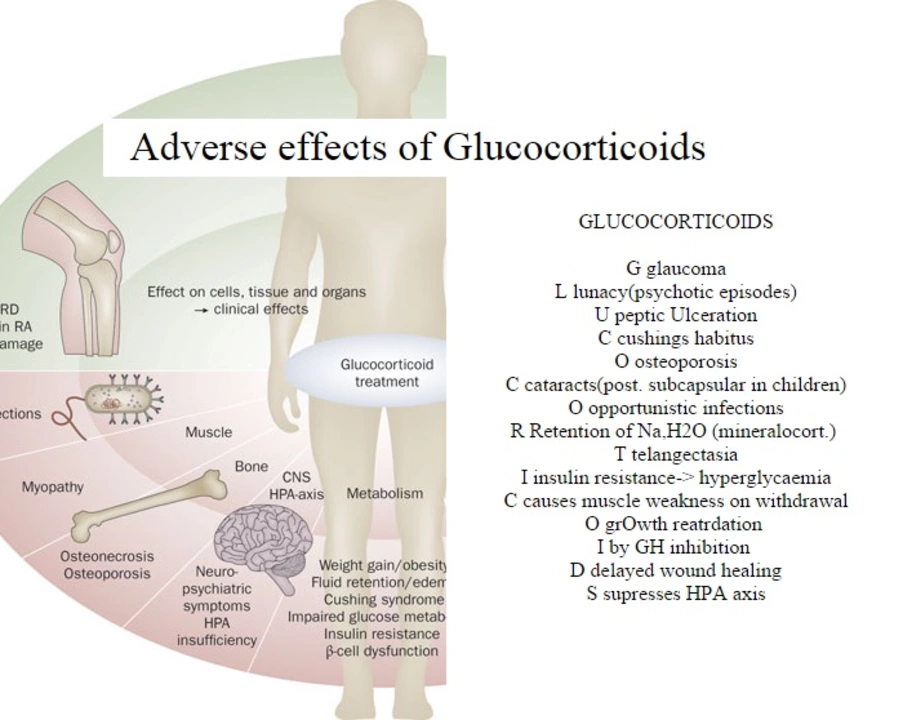Dry Cough: What Causes It and How to Stop That Ticklish Cough
A dry cough is a tickle in the throat that won’t bring up mucus. It can be annoying, mess with sleep, and make your voice sore. Common causes include postnasal drip, allergies, viral infections (like a cold or COVID), acid reflux, asthma, and medication side effects. Sometimes it lasts a few days; other times it can stick around for weeks.
Practical at-home fixes
Want relief now? Try these simple, proven steps. Stay hydrated — warm drinks soothe the throat and thin any secretions. Honey works well for adults and kids over 1 year: one teaspoon can calm a nighttime cough. Use a humidifier or inhale steam from a hot shower to ease airway irritation. Avoid smoke, strong perfumes, and cold air that can trigger coughing.
If postnasal drip is the culprit, saline nasal sprays or a neti pot can flush irritants and cut down the drip. For allergy-driven coughs, an OTC antihistamine can help, but ask your pharmacist which one suits you. Throat lozenges and sucking on hard candy often dull the cough reflex.
Over-the-counter cough medicines that contain dextromethorphan can reduce the urge to cough for adults. Always follow the label and check interactions if you take other meds. If your cough is from asthma or reactive airways, inhaled bronchodilators or steroid inhalers work better — those need a prescription, so talk to your clinician.
When to see a doctor (or get prescription help)
See a doctor if the dry cough lasts more than three weeks, gets worse, or comes with any of these signs: shortness of breath, chest pain, high fever, coughing up blood, unintentional weight loss, or severe night sweats. Also seek help sooner if you’re pregnant, immunocompromised, or caring for infants and the elderly.
Your clinician will ask about timing, triggers, and other symptoms. They may check for asthma, GERD (acid reflux), or complications after a viral infection. Tests can include a chest X-ray, spirometry for breathing problems, or throat and nasal swabs for infections like flu or COVID when relevant.
Antibiotics rarely help a dry cough unless a bacterial infection is proven. If asthma or reflux causes the cough, treating the underlying condition often stops it. Be careful with home remedies and meds if you take blood thinners, antidepressants, or other prescription drugs — some OTC cough medicines interact with them.
Still unsure what’s causing your cough? Keep a short diary: note when the cough happens (day vs night), activities that trigger it, and any new exposures (pets, smoke, workplace irritants). That info makes appointments quicker and more useful.
If the cough is disrupting sleep or daily life, don’t wait to ask for help. Most dry coughs get better with simple treatments, but a targeted plan works fastest — especially when a clear cause like allergies, asthma, or reflux is identified.
Dealing with a dry cough caused by Irbesartan can be quite troublesome, but I've discovered some helpful tips to cope with it. First, drinking plenty of water keeps you hydrated and soothes the throat. Second, using a humidifier adds moisture to the air, providing relief to your dry cough. Third, sucking on throat lozenges or cough drops helps to suppress the cough and provide temporary relief. Lastly, if the cough persists or worsens, discuss with your doctor the possibility of switching to a different medication.

